
On Wednesday, November 30, the city council of Helsinki voted against the proposal for a Guggenheim Helsinki. The decision was made after a debate that lasted 6 hours and included a total of 170 discussion entries. The vote was divided across party lines. The large parties – The National Coalition Party, the Green League and Social Democrats – had split groups, while the smaller Left Alliance and Finns Party were completely against and the Center Party all in favour.
This means the end of a 5 year process of establishing a Guggenheim museum in Helsinki. It began when the Solomon Guggenheim Foundation in New York received an invitation from the city of Helsinki, and prepared a proposal that the city board voted down by a small margin in 2012. Yet the process still continued as the proposal was redrafted and an architecture competition was carried out in 2014. The city of Helsinki agreed to reserve a place on the waterfront in the city centre that was previously a parking lot. The reservation of this property was due to end in 2016, which brought about the reading of the new proposal in November.
The City Council’s decision was not unexpected. The strongest argument against a Guggenheim Helsinki regards the financial terms, which are seen as relying too heavily on the risk of taxpayer investment into construction, rent free property and unrealistic expectations of visitor revenue. The strongest argument in favour of the project emphasizes its importance for cultural tourism and its effects on the urban economy.
In total, this project would have cost 150 million euro for the building and a yearly budget of 11 million euro. The idea was that the Guggenheim Helsinki Foundation and its wealthy members would be responsible for the project and that the licence fee for cooperating with the Solomon Guggenheim Foundation would be payed with private funds.
That the city of Helsinki has now rejected the proposal means that the project is at an end. Those who are happy that the democratic process ran its course, can also be certain that there will be no alternative plan for visual art in Helsinki. Disappointed enthusiasts of Guggenheim Helsinki will now withdraw, and the entire project will go down in history as a failed collaboration on cultural politics.
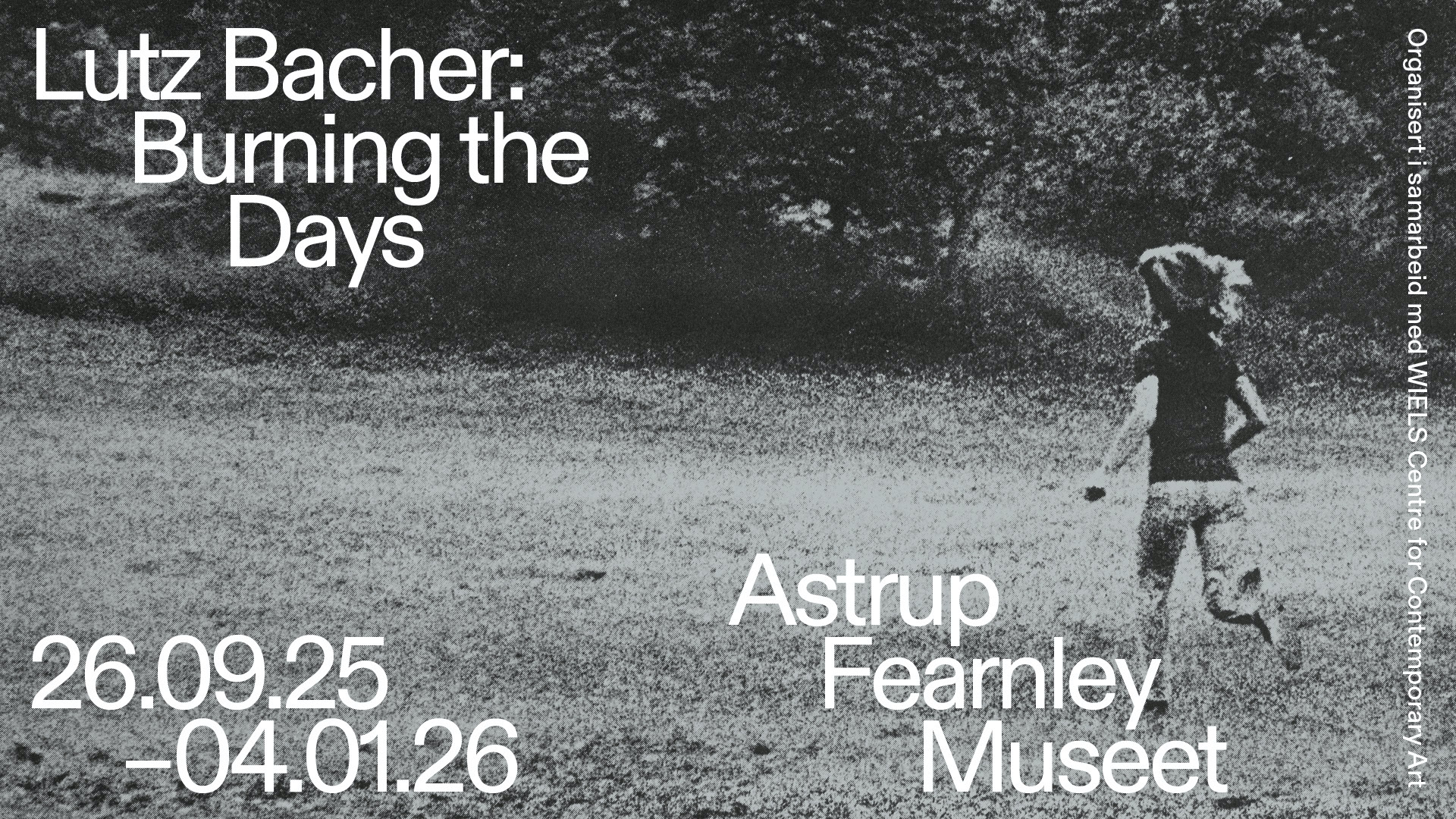


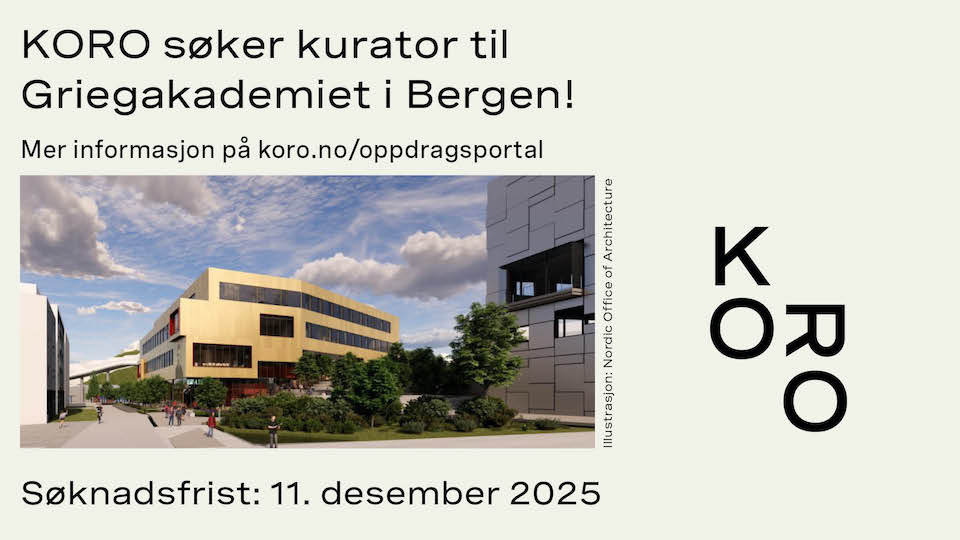


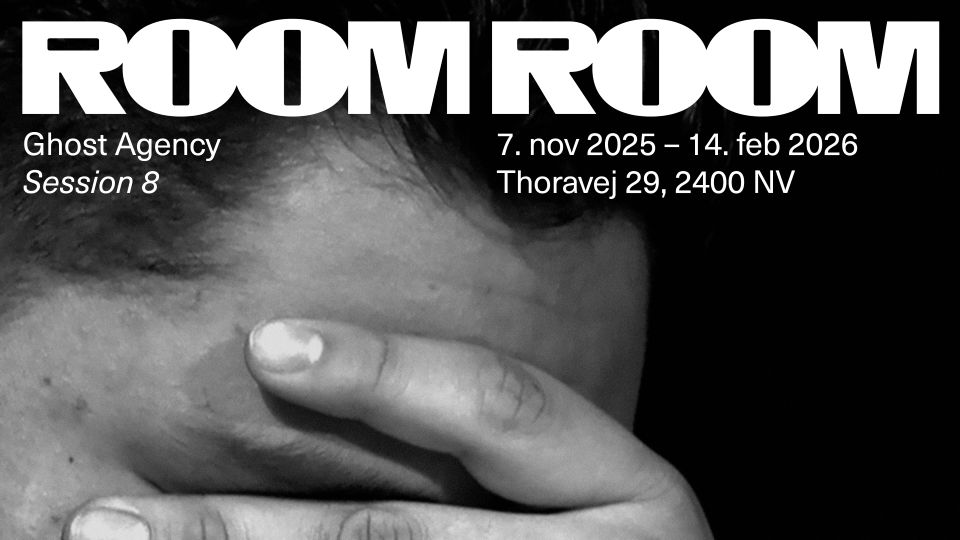

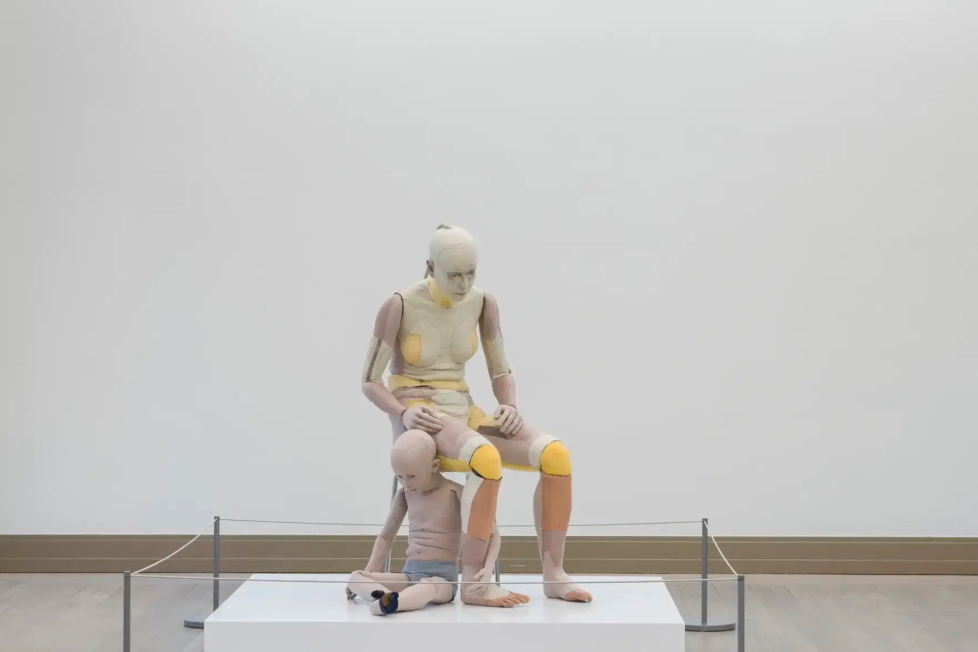
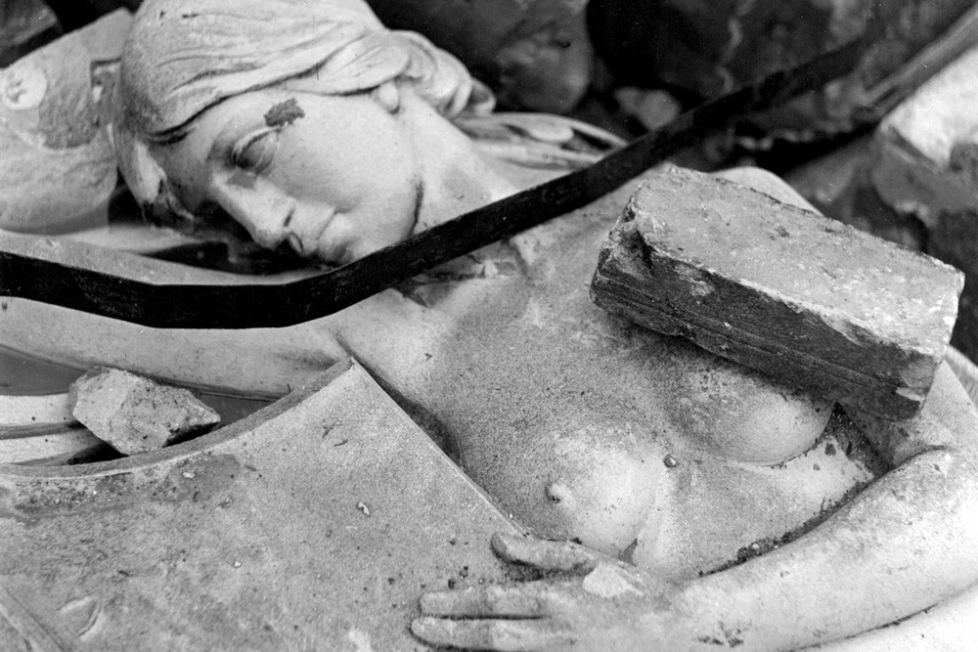
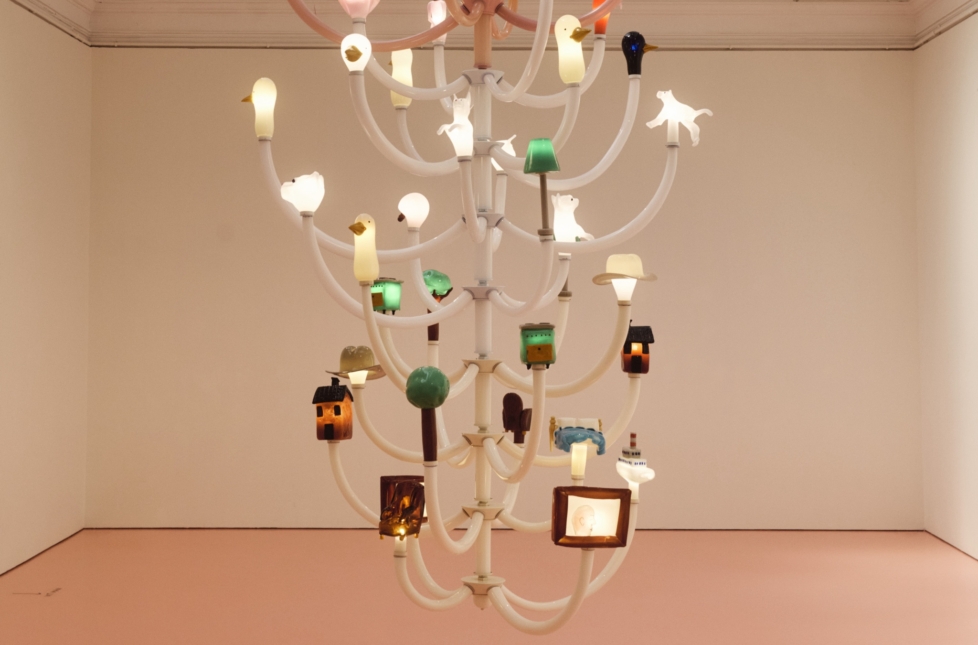
Comments